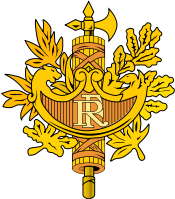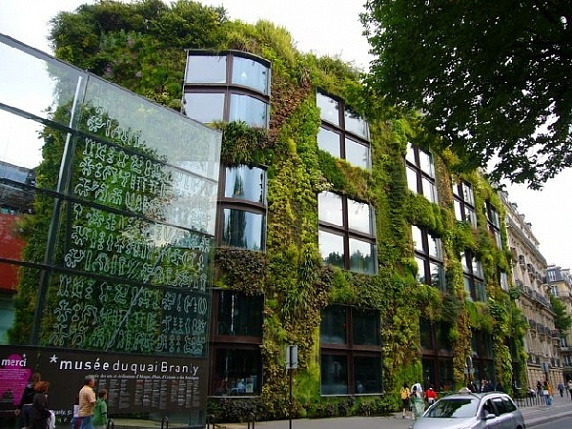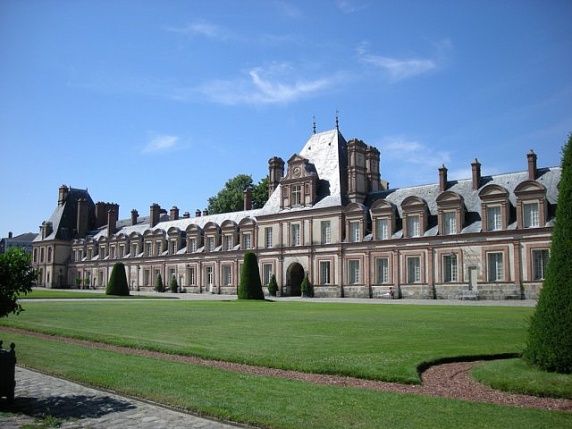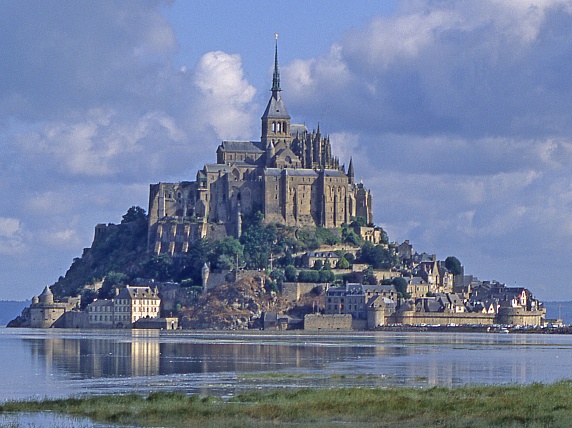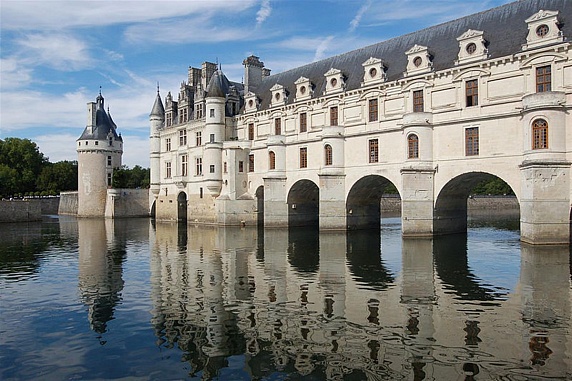 France (la République française)
France (la République française)
DEPUTY FOREIGN MINISTER ALEXEI MESHKOV INTERVIEW WITH ITAR-TASS NEWS AGENCY IN CONNECTION WITH THE UPCOMING VISIT OF FRENCH FOREIGN MINISTER DOMINIQUE DE VILLEPIN
Unofficial translation from Russian
Question: What is the aim of the visit to Russia of the French Foreign Minister, Dominique de Villepin? How do you assess Russian-French cooperation?
Answer: The main aim of the visit to Russia of Dominique de Villepin, the French Foreign Minister, is undoubtedly the preparation of the upcoming state visit to France of President of the Russian Federation Vladimir Putin. It is from this point of view that the full range of Russian-French relations will be discussed.
In the course of the talks a traditional exchange of views on cardinal international issues will also be held. Russia and France as permanent members of the United Nations Security Council bear responsibility for the maintenance of international peace and security. On January 1, 2003, France became the president of the Big Eight, so the themes relating to the activity of this major forum will be a separate and very important topic of discussion. In this regard, the focus will be on the priorities of the French presidency as well as the issues, including those of combating terrorism and drug trafficking, that Russia is bringing forward at the G8.
As to Russian-French relations proper, the term Global Partnership reflects not only their essence, but is a basic guideline for the long term as well. Our cooperation in the aerospace field is testimony to this.
A weighty element of European stability is the Russian-French political dialogue on an extensive set of questions pertaining to Russian relations with the European Union, and on the formation of a common civilized space, above all, in the fields of security, economy, information, law, culture, and so forth.
Question: How do you evaluate Russian-French cooperation on the international scene? How close are our positions on the Iraq problem now?
Answer: In the past year Russian-French cooperation in international affairs has grown markedly stronger, and I would even say, has reached a higher qualitative level. Our countries have moved from a coordination of their positions to joint actions on basic problems in world politics. Most visibly this showed itself in the very complicated situation during the adoption by the United Nations Security Council of Resolution 1441 on Iraq when our two countries were actively promoting the elaboration of a consensus-based decision of the international community. Since then - and here I touch on the second part of your question - the interface between the approaches of Russia and France on Iraq has not only been preserved, but has also become stronger. We stand for the Iraq issue to be dealt with in terms of international law on the basis of strict compliance with the appropriate UN Security Council resolutions and we are striving to help the effective work of UN inspectors in Iraq as much as possible.
Another significant move in bolstering the strategic partnership of Russia and France has been the creation of the Russian-French Council for Security Cooperation with the participation of Foreign and Defense Ministers. Its first meeting held in Paris in November 2002 made it possible on the basis of a concurrence of Russian and French interests to determine further steps toward increasing bilateral cooperation in the field of international, including European, security, including the issues of the fight against terrorism and other new threats and challenges.
Question: How do you assess the results of the year in the area of Russian economic ties with France?
Answer: The traditional and most promising areas of cooperation in this domain are aviation, outer space, energy, and the agro-industrial sector. However, despite the signing of a number of well-known and important bilateral economic agreements, Russian commercial, economic and investment cooperation with France in 2002 fell far short of matching the level and the degree of confidentiality of the political dialogue.
Unfortunately, despite the noticeable economic upturn in Russia, the growth of industrial production and the improvement of the investment climate, French partners are acting thus far, to our mind, with insufficient vigor, often want special privileges which neither legislatively nor in market conditions are possible, take too long a time studying Russian partners' investment conditions and waste precious time and lose positions in our market as a result.
We hope that in 2003, the commercial and economic ties of the two countries will receive a significant positive impetus.
Russia and France have a huge potential for cooperation in practically all fields, and it is necessary to utilize it with maximum benefit for the peoples of the two countries.
January 6, 2003

